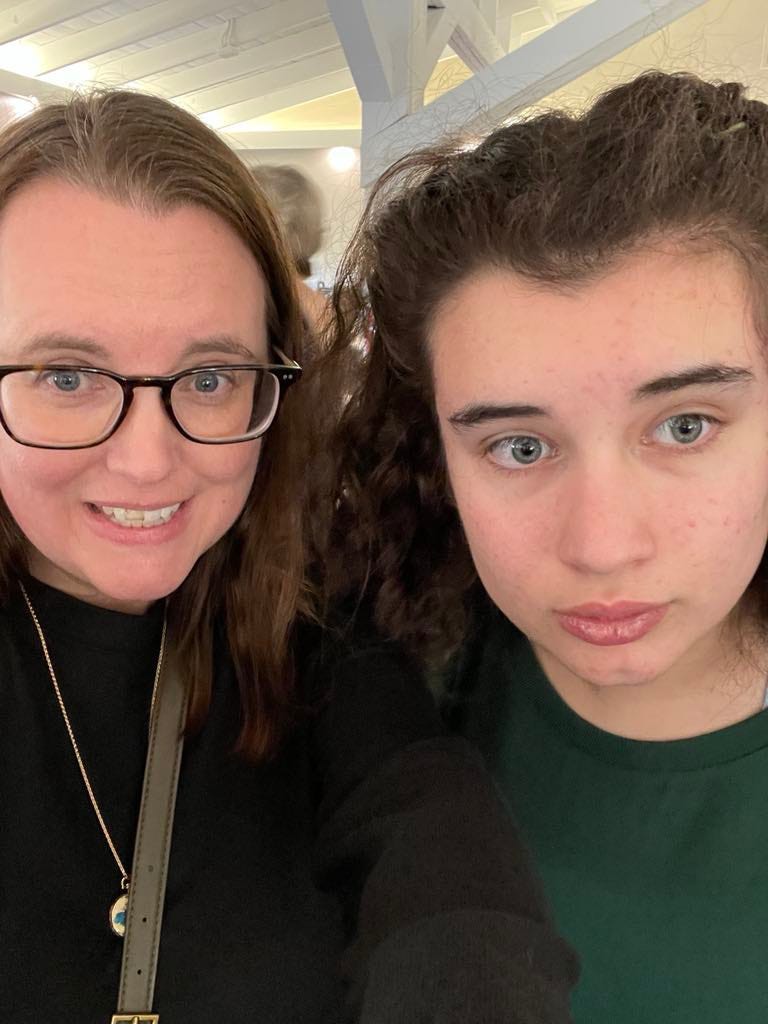Ohio parents sue to stop 'provider of last resort' policy
Plus: Questions swirl around illiterate college student who graduated from 12 years of Connecticut special education; Rhode Island judgement still lacks systemic reforms, say advocacy organizations
Medical Motherhood’s news round up
Snippets of news and opinion from outlets around the world. Click the links for the full story.
• From CT Mirror (Connecticut): “GOP lawmakers seek state accountability for graduate who can’t read”
Republican state lawmakers are calling on the Connecticu…




